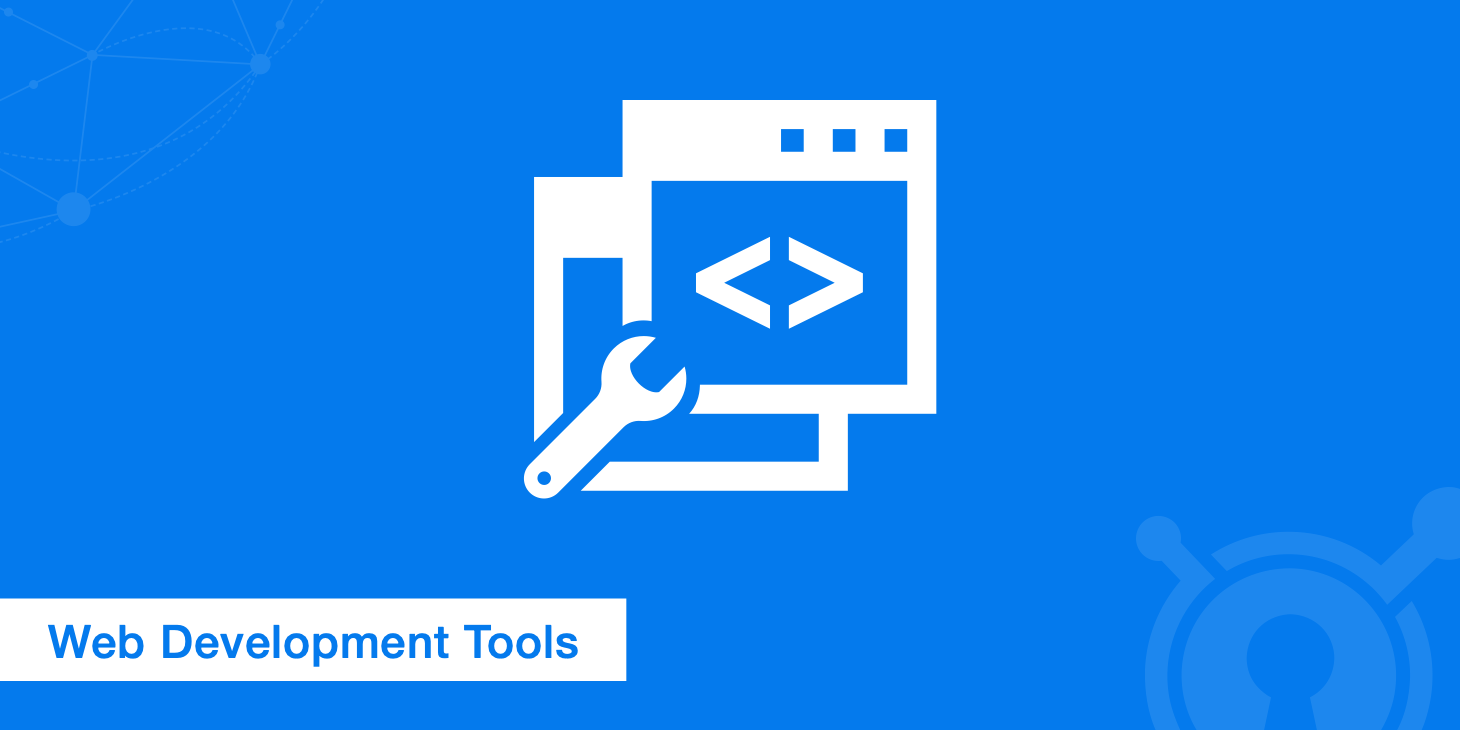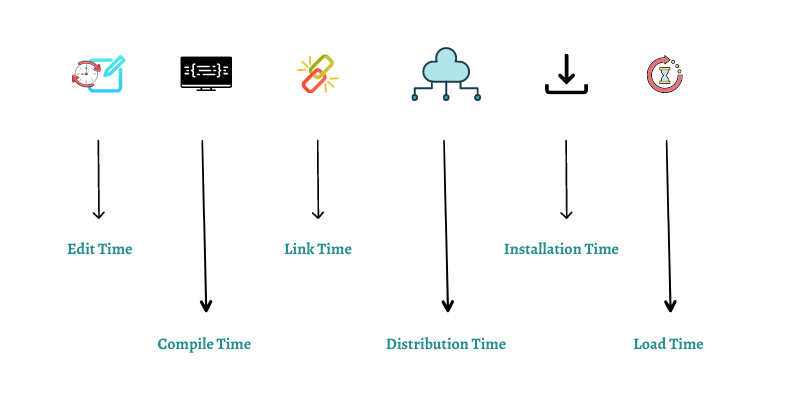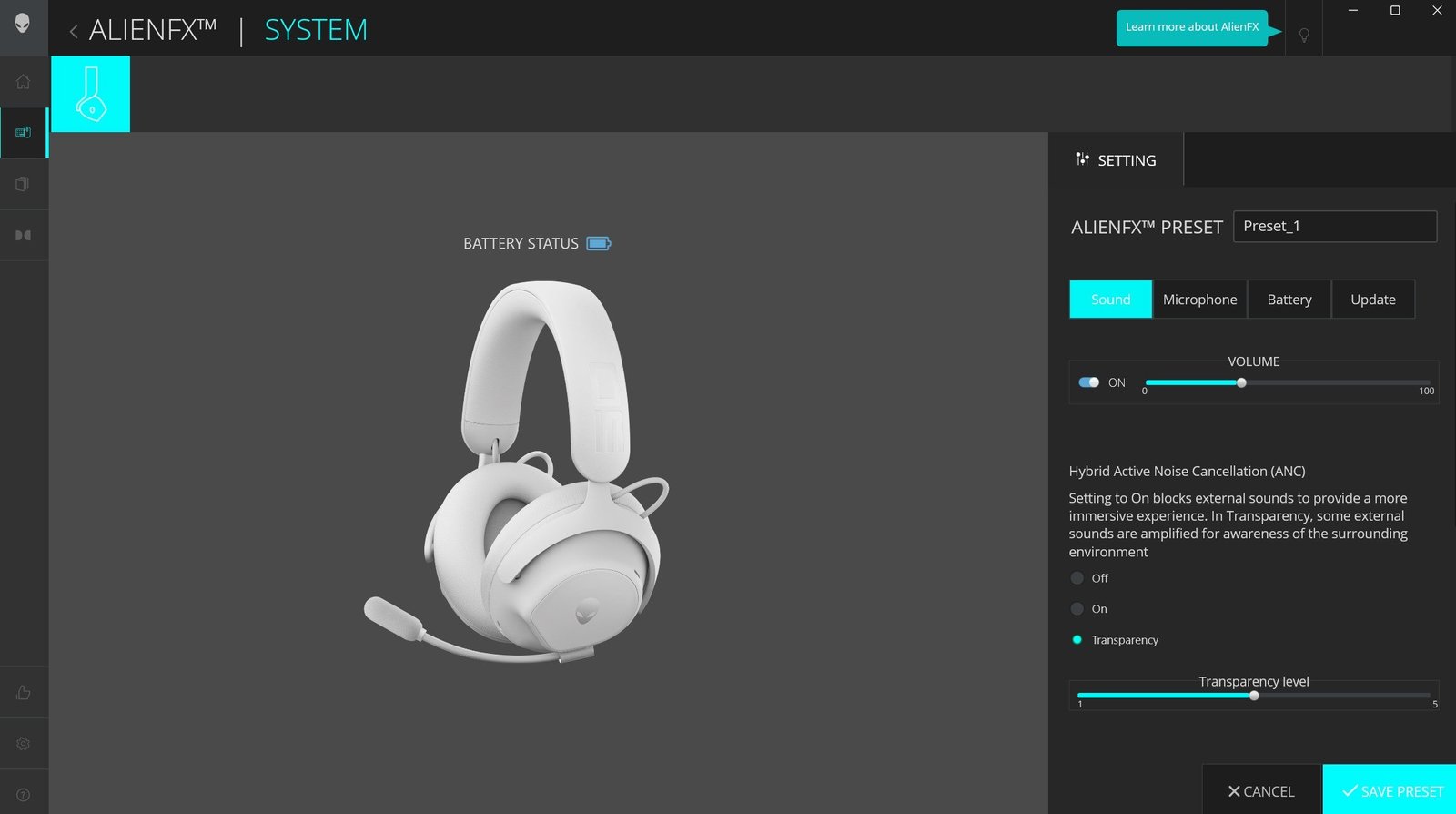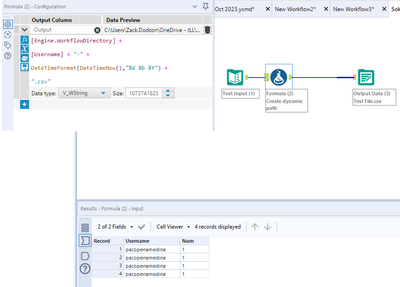Web development tools are essential for creating websites. They make the process faster and easier.
Whether you are a beginner or an expert, the right tools can significantly improve your work. With countless options available, finding the best tools can be overwhelming. In this blog post, we will explore some of the best web development tools available today.
These tools help streamline your workflow, enhance productivity, and ensure your projects are of high quality. From code editors to frameworks, these tools cover a wide range of needs. By the end of this post, you will have a better understanding of which tools can best support your web development journey. Let’s dive in and discover the tools that can make your work more efficient and enjoyable.
Introduction To Web Development Tools
Web development tools have transformed the way developers build websites. These tools offer various features that help create, test, and deploy websites efficiently. They simplify complex tasks and improve productivity. Understanding these tools can make a significant difference in web development projects.
Importance Of Tools
Web development tools are crucial for several reasons. They save time by automating repetitive tasks. They also help in debugging and fixing code errors quickly. These tools provide a collaborative environment for developers. They ensure that the final product is of high quality and meets industry standards.
Evolution Of Web Development
Web development has come a long way since the early days of the internet. Initially, developers wrote code manually without any assistance. Over time, tools emerged to simplify coding. They improved the efficiency and quality of web projects.
Today, there are many advanced web development tools available. They offer features like code editors, version control, and real-time collaboration. These tools keep evolving to meet the changing needs of the industry. They ensure that developers can build modern, responsive, and user-friendly websites.

Credit: www.keycdn.com
Code Editors
Choosing the right code editor is crucial for every web developer. A good code editor can make coding faster and more enjoyable. It provides the tools you need to write and manage your code efficiently. Let’s explore some of the best code editors available, key features to look for, and how they can improve your workflow.
Popular Editors
Several code editors stand out in the world of web development. Each offers unique features and benefits. Here are some of the most popular ones:
- Visual Studio Code (VS Code) – Known for its versatility and extensive plugin support.
- Sublime Text – Offers a clean interface and powerful performance.
- Atom – Known for its customizable features and open-source nature.
- Notepad++ – Lightweight and user-friendly, ideal for beginners.
- Brackets – Focuses on web development with live preview features.
Features To Look For
When selecting a code editor, consider the following features:
- Syntax Highlighting – Makes reading code easier by highlighting keywords and structures.
- Autocomplete – Speeds up coding by suggesting code completions.
- Version Control Integration – Helps manage code versions with tools like Git.
- Customization – Allows you to tailor the editor to your preferences.
- Extensions and Plugins – Enhance functionality with additional tools and features.
- Cross-Platform Support – Ensures the editor works on various operating systems.
Here’s a quick comparison of some popular code editors and their features:
| Code Editor | Syntax Highlighting | Autocomplete | Version Control | Customization | Plugins |
|---|---|---|---|---|---|
| Visual Studio Code | Yes | Yes | Yes | High | Extensive |
| Sublime Text | Yes | Yes | Yes | High | Moderate |
| Atom | Yes | Yes | Yes | High | Extensive |
| Notepad++ | Yes | Yes | Limited | Moderate | Few |
| Brackets | Yes | Yes | Yes | Moderate | Moderate |
Version Control Systems
Version control systems are essential in web development. They help track and manage changes in code. Every web developer needs to understand their importance. These systems allow multiple people to work on a project without conflicts.
Why Use Version Control
Using version control prevents code conflicts. It ensures every change is documented. Developers can easily revert to previous versions. This is crucial when bugs or errors occur. Version control also supports collaboration. Teams can work on different parts of a project simultaneously.
Top Version Control Tools
Several version control tools are popular among web developers. Git is the most widely used. It offers powerful features and integrates with many platforms. GitHub is a web-based platform built on Git. It provides a user-friendly interface and additional features.
Another notable tool is Subversion (SVN). It is known for its reliability and has been around for a long time. Mercurial is also a good choice. It is fast and easy to use. Each tool has its own strengths. Choose the one that fits your needs best.
Package Managers
Package Managers play a crucial role in modern web development. They help developers manage project dependencies efficiently. With a package manager, developers can easily install, update, and configure software packages. This streamlines the process and reduces the risk of errors.
Benefits Of Package Managers
Using package managers offers numerous advantages:
- Automated Dependency Management: Package managers handle dependencies automatically. This ensures all required libraries are installed correctly.
- Version Control: They allow developers to specify and control the versions of packages they use. This helps in maintaining consistency.
- Easy Updates: Updating packages is straightforward. A single command can update all the dependencies in a project.
- Community Support: Popular package managers have extensive community support. This means access to a wide range of plugins and modules.
- Improved Productivity: By automating tasks, package managers save time. Developers can focus on coding rather than managing dependencies.
Commonly Used Package Managers
Several package managers are widely used in web development:
| Package Manager | Description |
|---|---|
| NPM (Node Package Manager) | The default package manager for Node.js. It has a vast library of packages. |
| Yarn | Developed by Facebook, Yarn offers faster and more reliable dependency management. |
| Bower | A package manager for front-end libraries. It simplifies the management of web components. |
| Composer | Used primarily for PHP, Composer manages dependencies and libraries efficiently. |
Choosing the right package manager depends on the project’s requirements. Each has its strengths and caters to different development needs.
Frameworks And Libraries
In the world of web development, frameworks and libraries play a crucial role. They provide the necessary tools and structure for building efficient and scalable applications. Frameworks offer a foundation, while libraries add specific functionalities, making development faster and easier. Understanding these tools can help developers create better web applications.
Choosing The Right Framework
Selecting a framework can greatly impact your project’s success. Each framework has unique features and benefits. For instance, React is popular for building user interfaces. Angular, on the other hand, is a full-fledged framework with robust features. Vue.js is another option, known for its simplicity and flexibility. Consider your project needs and team skills before making a choice.
Essential Libraries
Libraries add specific functionalities to your projects. jQuery is a well-known library for simplifying HTML document traversal. Lodash helps with data manipulation, making it easier to work with arrays and objects. Moment.js is great for managing dates and times. These libraries can save time and effort, enhancing your development process.

Credit: radixweb.com
Debugging Tools
Debugging is a vital part of web development. Finding and fixing errors ensures your website runs smoothly. With many debugging tools available, developers can detect issues quickly. The right tools save time and effort.
Types Of Debugging Tools
There are various debugging tools, each serving different purposes. Here are some common types:
- Browser Developer Tools: These are built into browsers. They help inspect HTML, CSS, and JavaScript. Examples include Chrome DevTools and Firefox Developer Tools.
- Integrated Development Environments (IDEs): IDEs like Visual Studio Code and IntelliJ IDEA have built-in debuggers. They offer a wide range of features for debugging code.
- Log Analyzers: Tools like Loggly and Splunk help analyze logs. They find patterns and errors in log files.
- Performance Profilers: These tools, such as WebPageTest and Google Lighthouse, measure performance. They help identify slow-loading elements.
Best Debugging Practices
Effective debugging requires good practices. Here are some tips to enhance your debugging process:
- Reproduce the Issue: Ensure you can consistently reproduce the bug. This helps in understanding the problem better.
- Use Console Logs: Add console logs to your code. They help track the flow and identify where issues occur.
- Isolate the Problem: Narrow down the code where the issue resides. This makes it easier to focus on fixing it.
- Use Breakpoints: Set breakpoints to pause code execution. This allows you to inspect variables and the call stack.
- Check Documentation: Refer to the documentation of libraries or frameworks. They often have troubleshooting tips.
- Collaborate: Discuss the issue with team members. They might offer insights you missed.
By following these practices, you can streamline your debugging process and ensure a smoother development experience.
Performance Optimization Tools
In the fast-paced world of web development, performance optimization tools are essential. These tools help improve the speed and efficiency of websites. A faster website means happier users and better search engine rankings. Let’s explore why performance is so important and the best tools to optimize it.
Importance Of Performance
Web performance is crucial for user satisfaction. A slow website can drive visitors away. They may leave before the page loads. This increases bounce rates and lowers engagement. Faster websites rank higher on search engines. This means more visibility and traffic.
Performance also affects conversions. A quick-loading site can boost sales. It builds trust and offers a better user experience. Thus, optimizing web performance is vital for any business.
Top Optimization Tools
There are many tools available for web performance optimization. Below are some of the best ones.
| Tool | Description | Key Features |
|---|---|---|
| Google PageSpeed Insights | Analyzes the content of a web page. |
|
| GTmetrix | Offers a detailed performance report. |
|
| Pingdom | Monitors website performance and uptime. |
|
| WebPageTest | Runs tests from multiple locations. |
|
These tools help identify performance issues. They offer suggestions for improvement. Use them to ensure your website is fast and efficient.

Credit: www.hostinger.com
Frequently Asked Questions
What Are The Best Web Development Tools?
The best web development tools include Visual Studio Code, GitHub, and Chrome DevTools. These tools enhance coding efficiency and debugging.
Which Tool Is Best For Web Development?
Visual Studio Code is highly recommended for web development. It offers numerous extensions and a user-friendly interface.
What Tools Do Web Developers Use?
Web developers use tools like GitHub for version control, Sublime Text for code editing, and Chrome DevTools for debugging.
How Can I Improve My Web Development Skills?
Improve web development skills by practicing regularly, using online resources, and participating in coding communities and challenges.
Conclusion
Choosing the right web development tools is crucial for success. These tools simplify tasks and boost productivity. They cater to different needs and skill levels. Experiment with different options to find your best fit. Stay updated as new tools emerge regularly.
Investing time in the right tools enhances your web development experience. Happy coding!





















